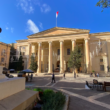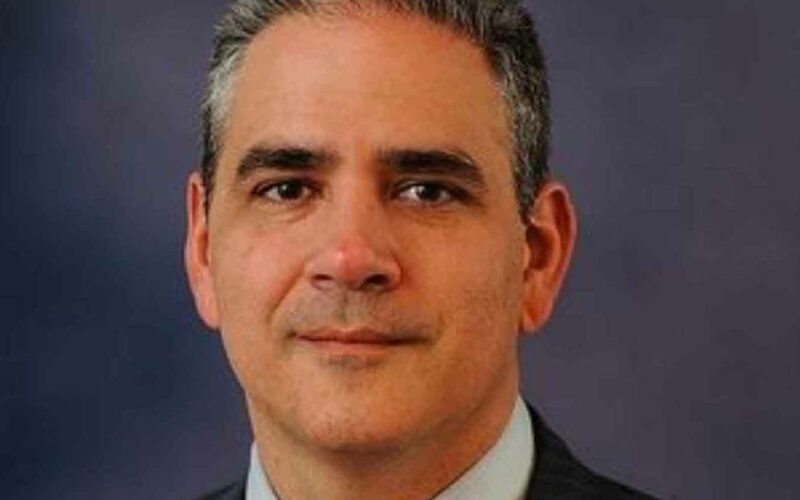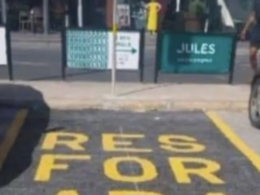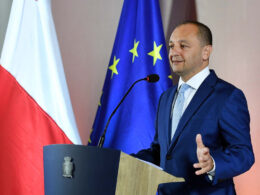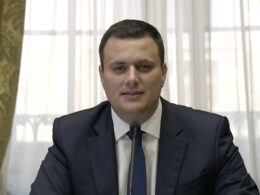In a saga that has shaken Malta’s political and judicial landscape, allegations of political interference loom large over the Vitals Healthcare inquiry. Despite an inquiry report published on 24th April 2024 detailing who should be prosecuted, including prominent individuals tied to the controversial hospital concession deal, not all implicated parties have been charged. This has raised questions about the influence of power and external pressures in the judicial process.
A key figure who has escaped prosecution is Ralph de la Torre, CEO of Steward Health Care, the company that took over Malta’s hospital concession from Vitals Global Healthcare. While several Maltese officials, including former Prime Minister Joseph Muscat and ex-ministers Konrad Mizzi and Keith Schembri, face charges, de la Torre remains notably absent from court proceedings. Sources within Malta’s police force suggest their hands are tied in this matter, and there is growing speculation that political forces are at play.
De la Torre’s Exclusion: Political or Legal?
Police Commissioner Angelo Gafà, in a recent interview, explained that the police and Attorney General followed a direct order from the magistrate’s inquiry to bring certain individuals to court. “With regards to the Vitals case, the attorney general and the police had a clear order…detailing people who should be brought to court and what they should be charged with”. Despite this, Ralph de la Torre’s name was conspicuously missing from the list of those charged, sparking rumours that the decision not to prosecute him may have been influenced by external factors.
Further complicating the issue is de la Torre’s ongoing evasion of U.S. authorities. Congress recently summoned him for questioning regarding Steward Health Care’s practices, but de la Torre has so far refused to comply with the summons. Given his disregard for U.S. congressional summons, it is highly likely that he would also ignore any summons issued by the Maltese Attorney General, further diminishing hopes for accountability in the ongoing inquiry.
The Shadow of Political Influence
Whispers of political interference in the Vitals inquiry have been persistent. Reports from MaltaToday indicate that Labour Party insiders have pointed to Prime Minister Robert Abela’s leadership as a contributing factor to perceived government meddling in legal matters. Abela, however, has publicly denied any involvement in the decision-making process. In response to these accusations, he stated that he did not order the police to interrogate any individuals named in the inquiry, reaffirming his commitment to an independent judicial process.
While Abela’s denial stands, the complexities of the case have left many questioning the true level of independence in Malta’s legal system. Some believe that the reluctance to prosecute de la Torre may be less about shielding him personally and more about who stands to gain politically from a high-profile prosecution.
U.S. Interests and Malta’s Sovereignty
Beyond local political dynamics, de la Torre’s case underscores Malta’s delicate balancing act with foreign powers, particularly the United States. Speculation continues that U.S. authorities may have their sights set on de la Torre for possible violations of the Foreign Corrupt Practices Act (FCPA), which targets bribery of foreign officials by U.S. companies. Legal analysts suggest that prosecuting de la Torre in Malta could complicate or weaken a U.S. case, potentially leading to a double jeopardy defence.
The reluctance to act against de la Torre, therefore, raises concerns about Malta’s autonomy. If the country is indeed deferring to U.S. interests in its decision-making, it calls into question the sovereignty of Malta’s legal system and its capacity to independently pursue justice in high-stakes cases.
A Case of Justice Delayed?
The Vitals inquiry was supposed to bring closure and accountability to one of Malta’s most controversial privatisation deals. However, the exclusion of Ralph de la Torre from prosecution, despite his significant involvement, has fuelled speculation about political interference and external influence. While Maltese authorities maintain that their actions are guided solely by the conclusions of the Magisterial inquiry, the public remains sceptical. The Vitals case highlights the intersection of Maltese politics, international interests, and justice—a complex web that Malta must navigate carefully.


